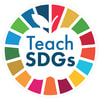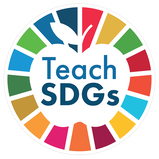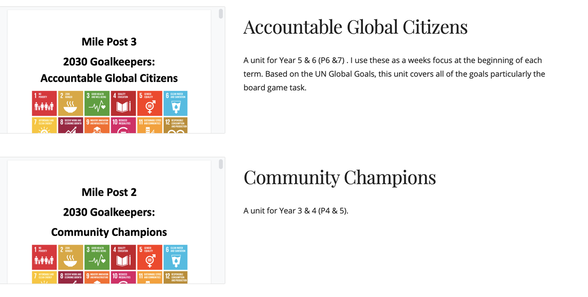|
By Craig Jones Developing an international mindset in children is quickly becoming a vital element of education, in the pursuit of nurturing well-rounded accountable global citizens of the future. The global challenges that we face today and that we will face in the near future will have a greater effect on the children in our classrooms than it will on us. Therefore it is necessary to educate the next generation of the major global issues that will have a significant effect on their lives and that of future generations to come. International mindedness is a difficult concept for young learners to grasp. To have empathy for others is a personal quality that needs to be facilitated and developed. So with that in mind, the first step on this learning journey is awareness of issues such as climate change and the UN Global Goals that aim to tackle these challenges. Next, we need to ask some of the big questions surrounding these problems in order to get our learners to think more deeply about the issues. Then we can look at potential solutions and future ways forward. For this, I have created three units of learning each consisting of six weeks. These units are based on the UN Sustainable Development Goals and are pitched at the particular age level. The way they are used at my school is as a one week focus at the beginning of each term on a two-year cycle. This sets the tone for the term and keeps the UN Goals and international mindedness in general, in the minds of our learners. Alongside high standards of academic achievement, we also need high standards of cooperation, morality, and thoughtfulness. The younger learners focus on goals such as Life on Land as well as Life Below Water whereas the older learners focus on Responsible Consumption and Production, Climate Action and Clean, and Affordable Energy. All the goals are covered by the end of Primary/Elementary School. Linking the learning to the UN SDGs give the tasks more relevance and significance, knowing that they are part of something bigger, something real. The units can be viewed and downloaded for free at www.craigjoneslearning.com.  Craig Jones is an international educator with over 14 years of experience. He is currently a IPC Leader/Year 6 Class Teacher at the Sakhalin International School in Russia. You can connect with Craig on Twitter at @CraigLearning. Comments are closed.
|
AuthorSTeachSDGs Team & Contributors Archives
November 2019
Categories |



 RSS Feed
RSS Feed